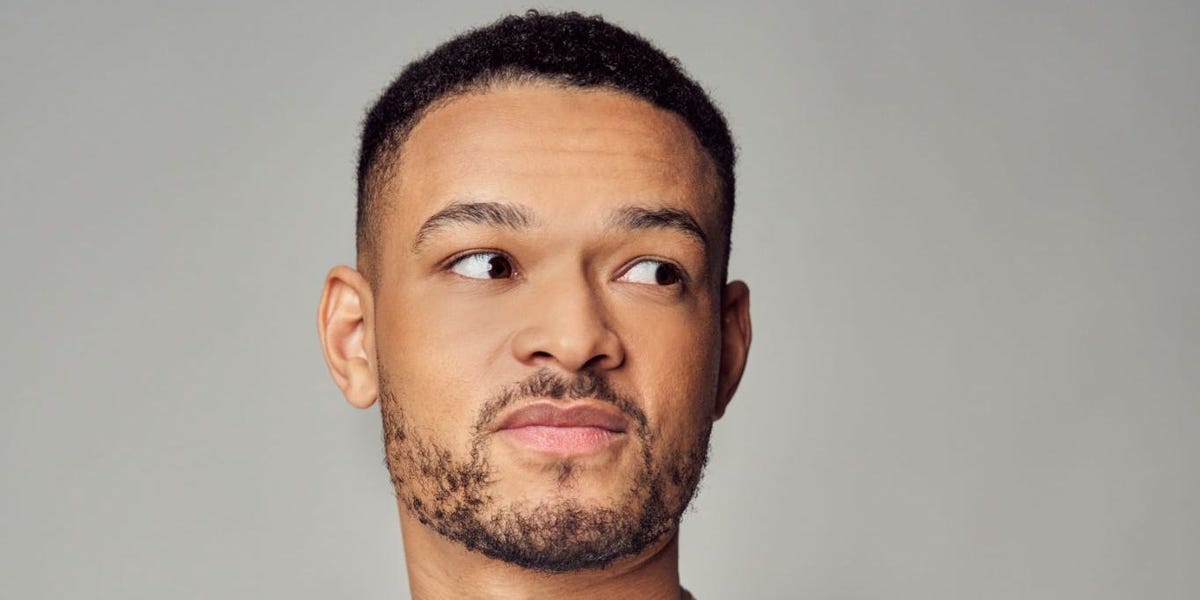B2B influencers have become all the rage in influencer marketing, with 75% of B2B businesses already using them in their campaigns, according to a new study from the ad agency Ogilvy.
Ogilvy surveyed over 550 senior leaders from B2B brands, including EY, JPMorgan, Nokia, and IBM, from 11 markets around the world.
The company describes B2B influencers as those with “credible expertise rooted in proven experience that contributes to professional opinion.” B2B influencers are, for example, company founders, C-suite employees at brands, researchers, doctors, and academics. B2C creators, instead, are more trendsetters and tastemakers, as Ogilvy defined it.
Here are five key findings from Ogilvy’s study.
1. 75% of B2B businesses are already leveraging B2B influencers for marketing campaigns
On top of that, 93% of CMOs are planning to increase their usage of B2B influencers, and of those who don’t, over half are already planning to use them in the future.
“This reflects the increasing demand we are seeing from clients who are investing in the space,” Rahul Titus, global head of influence at Ogilvy, told Insider.
2. 67% of B2B influencer campaigns had more impact on the brands’ marketing performance than brand-only campaigns
And over three-quarters of marketers said they expected influencer marketing to outperform brand-only marketing in the near future.
Traditionally, the lack of measurable outcomes in influencer marketing has been a hurdle in securing marketing budget increases, the Ogilvy study said. The majority of marketers (84%) need to show proof of a return on investment (ROI) to justify marketing spend or budget increases for campaigns and initiatives.
Many influencer-marketing campaigns are considered “awareness” campaigns, or campaigns that aim to spread the word about a certain brand. The success of these is usually measured with metrics like social reach, engagement, or shares, that aren’t directly connected to a measurable ROI.
But this study found that B2B influencer campaigns also have impact in generating sales, rather than simply spreading the word about a product — with 43% of marketers saying they saw increased sales or other clear ROI from them.
3. 89% of C-suite marketers recognize that using employees as influencers holds value for their businesses
Aside from the access to large audiences, employees can also communicate with the industry in ways the brand or independent thought leaders can’t.
“If you ask any CEO or CMO what the special ingredient is for their business success, they’re going to tell you that employees are the real strength and the biggest asset to their business,” said James Baldwin, business director of B2B influence at Ogilvy, during a panel presenting the report. “There’s this huge untapped opportunity for brands to use their employees as influencers.”
Beth Saint, the CMO at asset-management company Schroders, said her company is leaning heavily into employee advocacy.
“We look around and we’re sitting on an amplifier, our people,” she said. “We’re absolutely sitting on something that can have 10 times the reach, and that’s almost free.”
4. 90% of marketers said they believe that B2B influencers on social media are important to stay up-to-date with their industry
And over half of them cited B2B creators as their main source of information on a day-to-day basis.
5. Besides LinkedIn, YouTube is the most used platform for B2B influence
Fifty percent of B2B marketing teams considered YouTube a significant platform, closely followed by Facebook (48%) and Instagram (46%).
The study asked marketers about their platforms of choice for B2B influencer marketing besides LinkedIn, whose dominance in this space has already been established.
Over the past few years, LinkedIn has leaned into its creator network, positioning itself as a place for professionals to share not only business knowledge, but also entertaining content.
One of LinkedIn’s most recent updates has been the introduction of a “paid partnership” label, similar to those found on other social-media platforms. This label signals when a brand is paying a creator to promote a product or service, and its debut suggests that brands are increasingly hiring influencers on the platform.
Read the full article here





